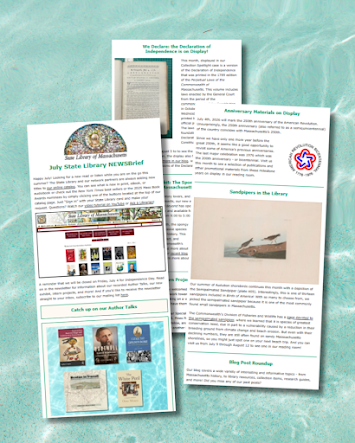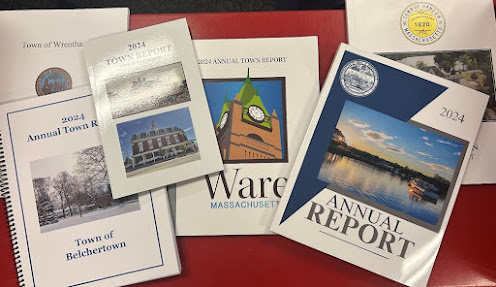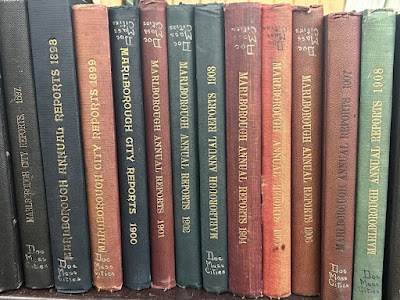Dearest Gentle Reader,
Lady Whistledown might run the rumor-mill of a fictionalized, Regency Era London in the
Bridgerton series, but did you know that colonial Boston had its own version of Whistledown? Between April 2nd, 1722 and October 8th, 1722, a mysterious person under the penname Silence Dogood (pronounced “do good”) submitted fourteen letters to the Boston-based newspaper,
The New-England Courant, which published them for the rest of Boston to read.
In her missives, Dogood routinely provided commentary on various aspects of New England society, as she noted in one of her early letters:
“… I intend to proceed, bestowing now and then a few gentle Reproofs on those who deserve them, not forgetting at the same time to applaud those whose Actions merit Commendation. And here I must not forget to invite the ingenious Part of your Readers, particularly those of my own Sex to enter into a Correspondence with me, assuring them, that their Condescension in this Particular shall be received as a Favour, and accordingly acknowledged.” – Silence Dogood, The New-England Courant, April 30, 1722.
Charity, education, and even women’s fashion were just some of the topics she treated. Though writing with a satirical angle, she broached topics which were highly relevant to the social-political climate of the day – such as the dangers of mingling of religious power with political power:
“A Man compounded of Law and Gospel, is able to cheat a whole Country with his Religion, and then destroy them under Colour of Law” (Dogood, The New-England Courant, July 16-23, 1722.). An even more precarious topic she tackled was freedom of speech. In one of her letters, she used a lengthy quotation about free speech which she had taken from the
London Journal to comprise the entirety of her letter’s body. The quote opens with
“Without Freedom of Thought, there can be no such Thing as Wisdom; and no such Thing as publick Liberty, without Freedom of Speech; which is the Right of every Man, as far as by it, he does not hurt or controul the Right of another.” Proceeded only by a brief salutation and an even more succinct valediction, the passage in that week’s entry must have seemed to her colonial readers as Dogood’s pointed support of freedom of speech and the press. More savvy readers might have picked up on the fact that this letter was published after the arrest and imprisonment of the newspaper’s owner (and Dogood’s principal addressee, “Author of the
New-England Courant”), James Franklin.
Unlike Julia Quinn’s fictional writer, Silence Dogood was more than willing to share details about her life. In her first two letters to the
Courant, she divulged that she was a reverend’s widow, a mother to three children, and not against marrying a second time (provided her prospective beaux measure up to certain standards). These small crumbs were not enough to satisfy her readers, however, and speculation about her identity continued – with some people claiming to know her, as Dogood herself observed in one of her letters:
"... I so far indulg’d in my self the Humour of the Town in walking abroad, as to continue from my Lodgings two or three Hours later than usual ... I met indeed with the common Fate of Listeners, (who hear no good of themselves,) but from a Consciousness of my Innocence, receiv’d it with a Satisfaction beyond what the Love of Flattery and the Daubings of a Parasite could produce. The Company who rally’d me were about Twenty in Number, of both Sexes; and tho’ the Confusion of Tongues (like that of Babel) which always happens among so many impetuous Talkers, render’d their Discourse not so intelligible as I could wish, I learnt thus much, That one of the Females pretended to know me, from some Discourse she had heard at a certain House before the Publication of one of my Letters; adding, That I was a Person of an ill Character, and kept a criminal Correspondence with a Gentleman who assisted me in Writing. One of the Gallants clear’d me of this random Charge, by saying, That tho’ I wrote in the Character of a Woman, he knew me to be a Man; But, continu’d he, he has more need of endeavouring a Reformation in himself, than spending his Wit in satyrizing others.” – Silence Dogood, The New-England Courant, September 24, 1722.
Opinion on Dogood was clearly divided, as this overheard conversation shows, yet her column drew in readers who submitted correspondences addressed to her in the
Courant. |
Front page of The New-England Courant, Issue No. 43, May
21-28, 1722.
Image source: HathiTrust
|
But who was the author behind the penname? The true identity of colonial New England’s sassiest widow was none other than one of our country’s founding fathers, Benjamin Franklin. Franklin, who was sixteen at the time, concocted Dogood as a means of getting published in the
Courant, something which the owner, Franklin’s older brother James, wouldn’t allow him to do. Although young Benjamin’s stint as Silence Dogood was short-lived, these letters remain a highly entertaining resource for anyone researching Franklin and society in 18th century America. You can access more digitized issues of
The New-England Courant on HathiTrust
here. If you want to see more of the Dogood articles – check out the Massachusetts Historical Society’s
digital project about them here. Transcriptions of the Dogood articles, as well as other works by Benjamin Franklin, are also available
here.
If you would like to learn more about Franklin, Dogood, and colonial press – check out these books in the recommended reading list:
Please note: these books are from other libraries in the CW Mars network, if you have a
library card with the State Library, you can request these books through our online catalog.
Happy reading!
Maryellen Larkin, Government Documents & Reference Librarian
References:
The Papers of Benjamin Franklin


































.png)






